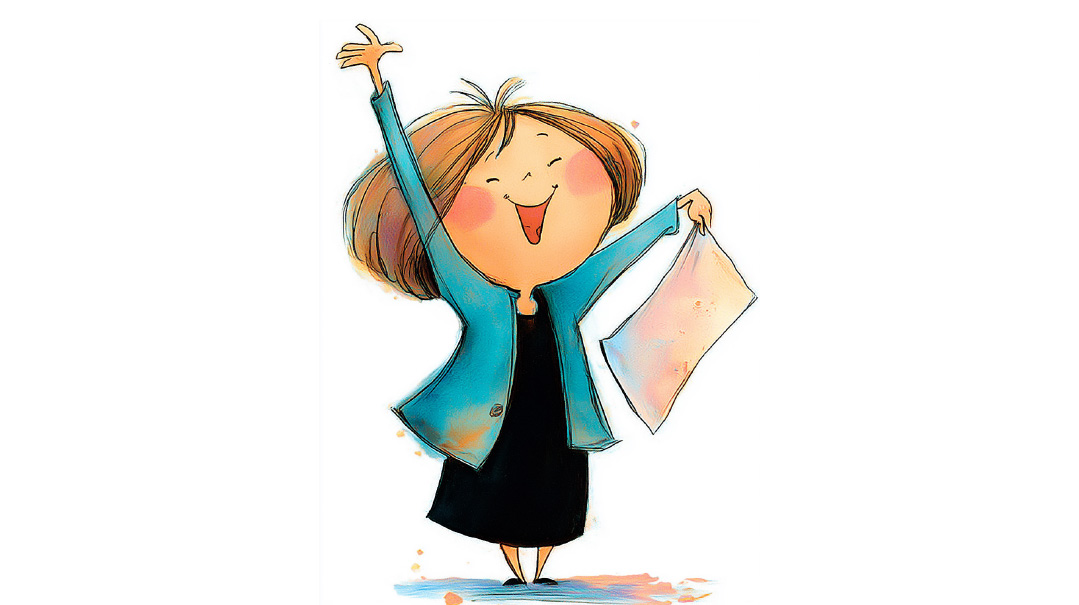Jerusalem Mornings


Monday
I started this morning later than usual, having spent the last two mornings undoing my heart by the Wall.
I had come all this way to pray for someone I love.
The ritual walk through the hallowed alleys of the Old City — never slow, always the pull of the heart to the stones, had prepared my lips for the prayers they would soon send upward.
A visit to the wash basin, followed by the deep inhale that every soul takes upon arriving, even if for the 100th time, and the uncasual walk through the women, through the chairs, to reach the fortress of our being.
This time, though, I wandered into a small upper nook to the far right of the Kosel that I would soon dub “The Crying Room.”
As I stepped through the arched doorway, my eyes fell upon an elderly Ethiopian woman draped in authentic, old-world garb, hands spread against the wall, as if to hold it.
If one can hold a wall.
She wailed as she drummed out the pangs of her heart. She knelt and prostrated herself onto the floor of our room as she beseeched the Heavens in an Amharic tongue.
And then, in what seemed a final attempt, she gestured upward with outspread arms, gathering her fingers inward as if to invite blessing or correspondence from above, or simply to beg for something to trickle down into our room, into her life; an ad hoc responsa to her pleas....
A few moments later I found myself a chair against the Wall. One of my greatest pleasures is resting my forehead against the cool smooth stones, whispering the Shema. As I began Pesukei D’zimra, a woman of chassidic persuasion, dressed in black, and wearing a short, plain wig, began her morning devotion.
Barely heard murmurs quickly turned into audible cries. Her voice, heavy and strained, interrupted only by the occasional essential breath, overwhelmed me, transforming what had been my prayer into hers.
Into theirs.
I considered sending my longing on the wings of theirs, finding merit in the depths of where they were reaching from and to, knowing their pleas were more likely to burst the gates of the Upper Worlds.
Don’t the most broken of hearts utter the most wholesome of prayers?
Was it agony or love or both that yielded such fervent devotion?
At first, I assumed the most terrible of things, remembering a time when I too prayed that way. Though I cannot replicate those cries today, I suspect many wounds could be healed, many spaces cleared, if I could. But then I thought perhaps their love and connection are so deep that the corridors of their hearts are forever open, and emotions of all sorts flow freely like a stream.
But for most of us, it seems that pain is the only way to awaken our sleeping hearts.
Must we be so pressed, so stripped of our life force, to be humbled enough to say, “I need, I know, I love”?
The heart songs of these women called upon a few unfettered tears of my own that fell to the floor between my feet. I watched them fall through blurred eyes and felt gratitude that something from within was able to flow; an almost barren stream had yielded some signs of life.
(Excerpted from Family First, Issue 601)
Oops! We could not locate your form.







